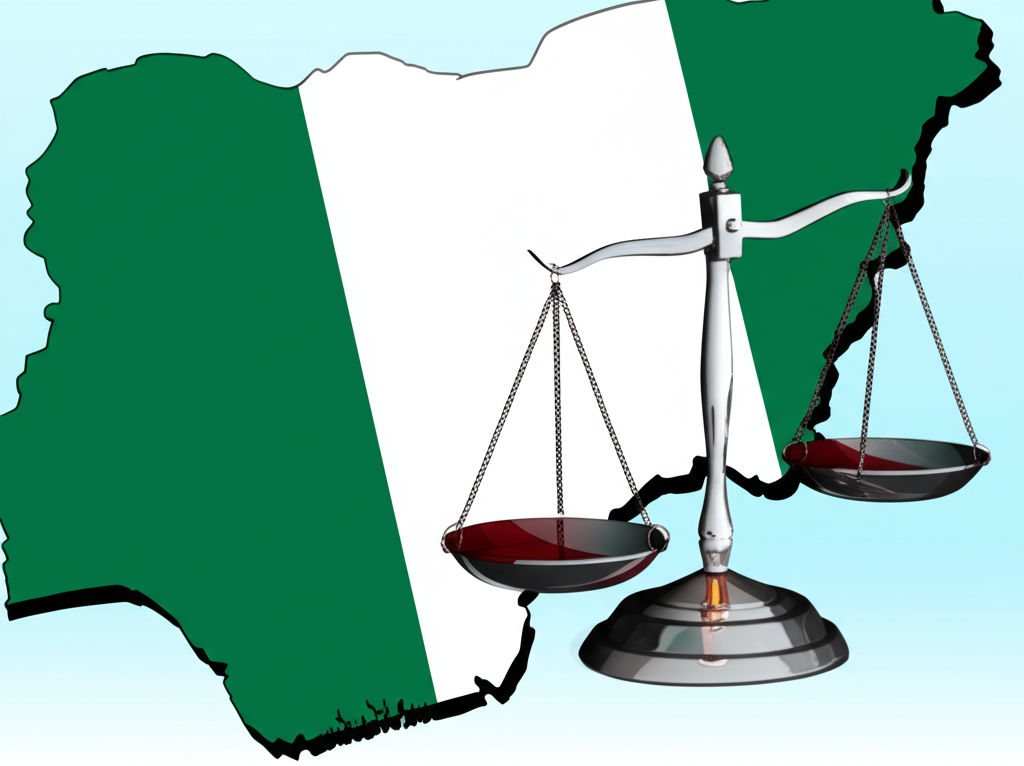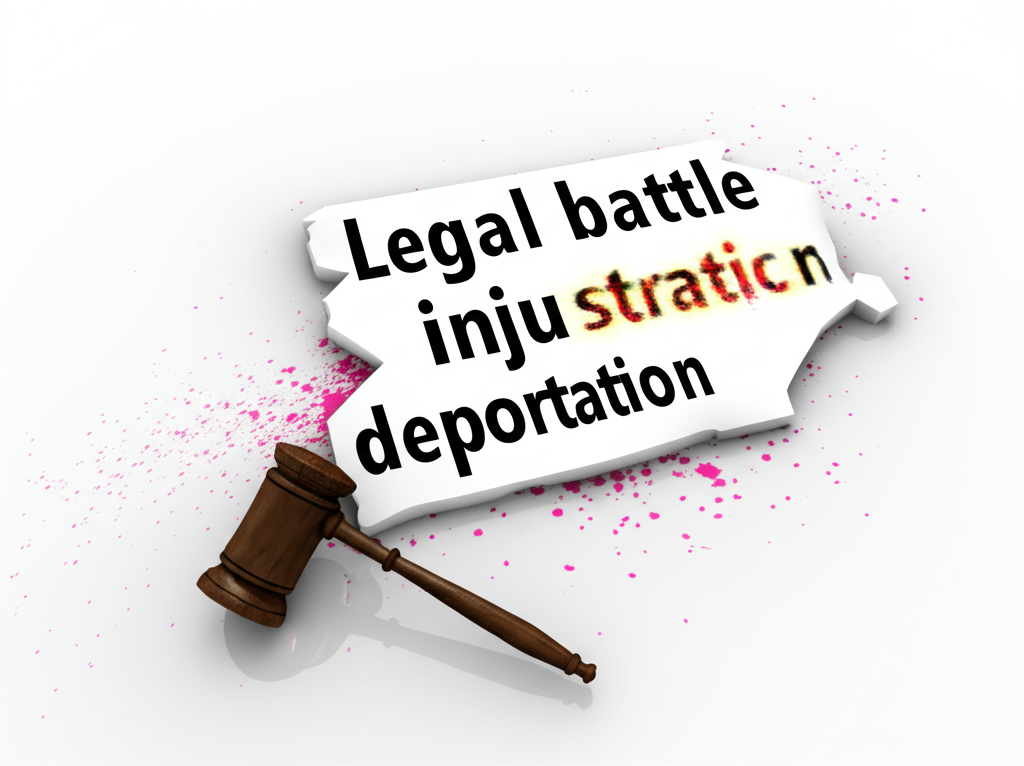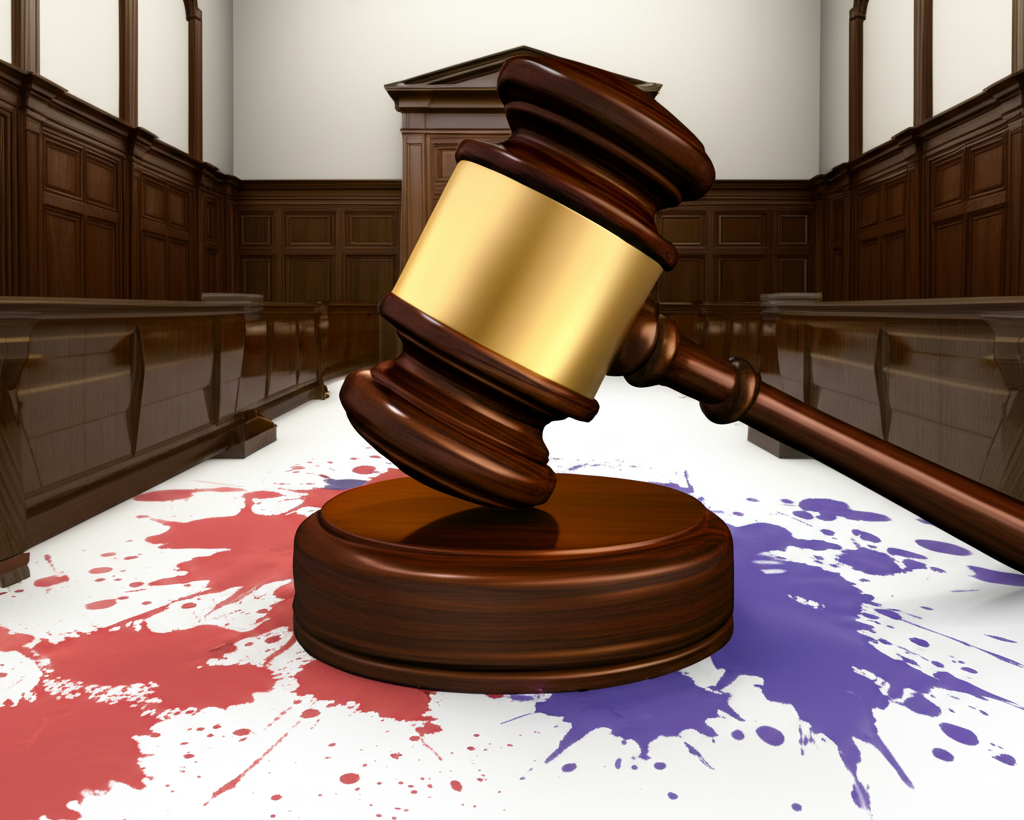- The Problem: Toothless Judgments
- The Solution: A Judicial Enforcement Unit
- Judges Must Use Their Contempt Power
- Political Games Undermining Justice
The Problem: Toothless Judgments
Imagine a court making a ruling, but nobody actually follows it. That’s the reality in Nigeria, according to Monday Ubani. He argues that the judiciary’s inability to enforce its own judgments is a massive flaw. This weakness allows powerful people and institutions to simply ignore the courts, making a mockery of the justice system.
“The judiciary has a big problem in terms of having those that should enforce the pronouncement of the court,” Ubani stated in an interview with ARISE NEWS. It’s like a referee in a football match without the power to hand out penalties – chaos would ensue!
The Solution: A Judicial Enforcement Unit
Ubani’s solution? Give the judiciary its own enforcement unit, separate from the police and other executive bodies. He explains, “The police that’s supposed to enforce judgment of the court does not belong to the judicial sector. They are part of the executive. So part of the prescription is that, can we look at the issue of having the judiciary to have a standing enforcement unit that can enforce its judgment?”
Think about it: The Nigerian Police Force, which is typically responsible for enforcing court orders, is part of the executive branch of government. This creates a conflict of interest, especially when the court ruling is against the government itself. An independent enforcement unit, directly under the judiciary’s control, could overcome this hurdle. Such units exist in other countries, sometimes referred to as bailiffs or court officers, who are responsible for executing court orders.
Judges Must Use Their Contempt Power
But it’s not just about a new enforcement unit. Ubani also stressed the importance of judges using the powers they already have, specifically the power of contempt. “It is also very important that the judiciary must begin to activate the power of punishment, issue of contempt proceedings,” he urged.
Contempt of court is when someone deliberately disobeys a court order or shows disrespect for the judicial process. Judges have the power to punish those in contempt, including fines or even imprisonment. Ubani believes that judges need to be bolder in using this power to ensure compliance with their rulings. “If somebody disobeys that judgment, that pronouncement, then somebody must go in for it. Somebody must be punished,” he declared.
Political Games Undermining Justice
Ubani’s comments come at a time when there’s growing concern about the manipulation of court decisions for political gain. He highlights a worrying trend where parties in legal disputes, particularly political ones, twist the final rulings of the courts to suit their own agendas.
Instead of accepting the final judgment, these individuals selectively quote rulings, fueling confusion, political tension, and widespread misinformation. This behavior undermines the integrity of the judiciary and erodes public trust in the legal system. For instance, in the United States, the Supreme Court’s decisions are often subject to intense political scrutiny and debate, but there is a general acceptance of the finality of the ruling.
Ultimately, Ubani’s message is clear: Nigeria’s judiciary needs to be empowered to enforce its own decisions. Whether through an internal enforcement unit, a more assertive use of contempt powers, or a combination of both, something needs to change to restore the integrity of the justice system.





